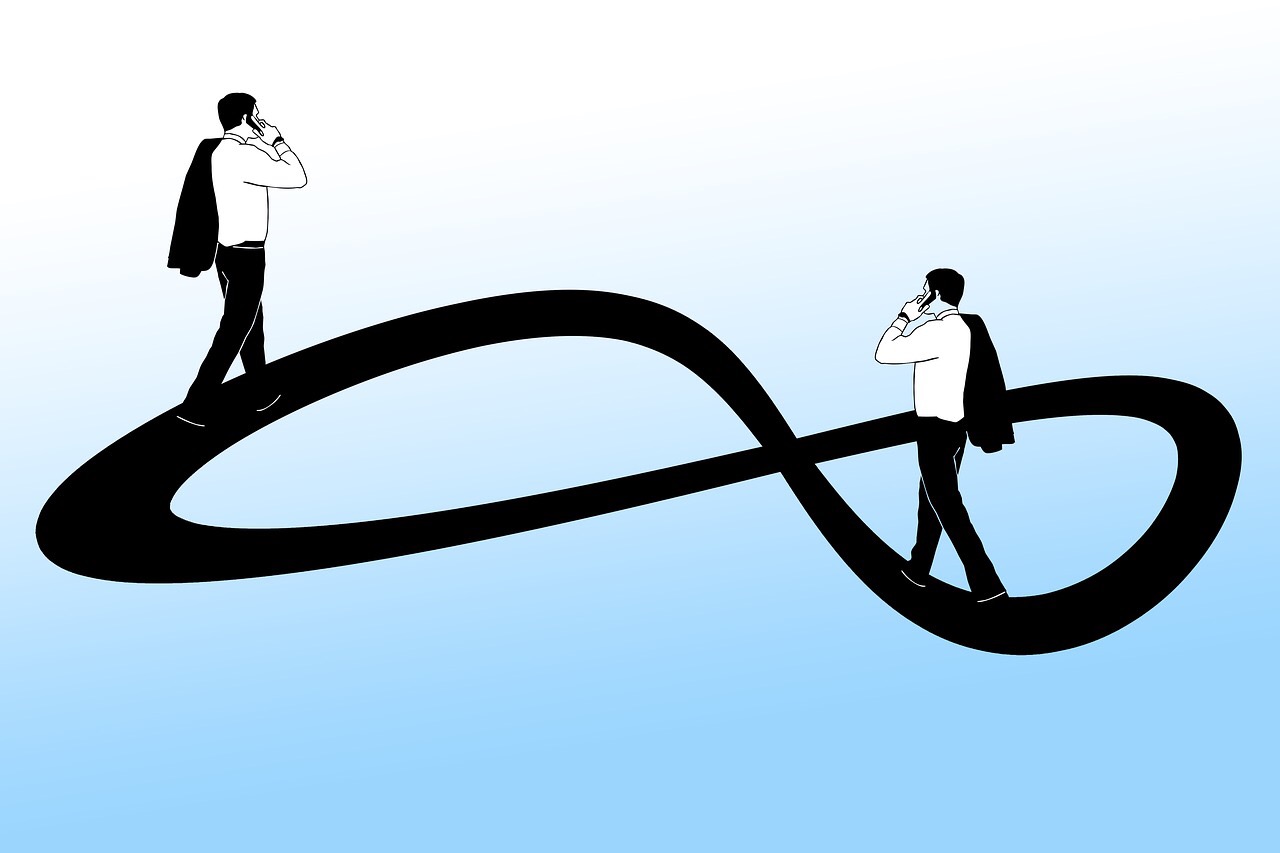Procrastination and the Infinity Staircase
Sometimes procrastination takes you in unexpected directions.
And that’s okay. Today’s post was going to be about something different. But as I started to read and research it to gain some insight beyond my own experience, it became bigger and more complex and I defaulted to procrastinating.
Eventually I decided to set it aside in order to give myself time to process the information better. Stay tuned. I will come back to it.
Meanwhile this post is short and sweet because it’s pretty straight forward.
Procrastination has many faces
If you read part 1 and part 2 of this series, you’ll know that my intention in relating procrastination to optical illusions was to create a set a metaphors that address the different motivations behind procrastination. These metaphors will help us recognize why we’re stalling so we can choose the appropriate strategy to move past our resistance.
So How Does The Infinity Staircase Relate to Procrastination?
This illusion shows the staircase going around the infinity symbol with no end in sight. The staircase keeps going around and around forever.
The infinity staircase is a metaphor for boring tasks. You know the ones. The never-ending chores around the house that have to be done over and over again. Vacuuming, washing, cleaning, cooking, laundry ∞. They’re done only to be done again and again and again.
Some people are more resolute when it comes to completing boring tasks.
Others have little tolerance and it isn’t just a matter of laziness.
Recent discoveries about the brain hint that for some people, the part of the brain that accepts boredom doesn’t activate when tasks are perceived as boring and repetitive. This makes it difficult for them to gather motivation to complete the tasks.
But hold on. You’re not off the hook because the brain is malleable.
My point is that it’s important to identify and find the strategies that help us function more efficiently.
What markers indicate we’re on the Infinity Staircase?
- This staircase is easily identified because the tasks we’re avoiding aren’t complex.
- This isn’t those one-offs where we just don’t feel like doing the task. It’s about the chronic putting off that disrupts our lives significantly.
- We resist because we find them boring and repetitive and don’t want to ‘waste’ our time completing them.
So what do you do if you find yourself on the infinity staircase?
- Practice the 5 Second Rule by Mel Robbins
- Remember the countdown?
- You have 5 seconds to act on a thought before the brain comes up with an excuse not to do it.
- It’s with these boring repetitive tasks that I find this strategy most effective.
- Time how long it takes to complete the task.
- This is an important strategy if you have a child who’s resisting.
- Often the thought is that it’s going to take just short of eternity to complete it. But it doesn’t and timing it helps put it in perspective.
- Try Habit Stacking, a strategy by BJ Fogg in Tiny Habits.
- When overcoming chronic task avoidance, you’re attempting to create new habits.
- Rather than creating a particular time to practice this habit, pair it with an existing habit.
- For instance, I decided to use the time while making tea to complete a boring task. It gives me approximately 8 minutes from when the water is put on to boil until the tea is steeped.
- It’s amazing what can be done in 8 minutes and I usually have tea twice a day. I give myself permission to quit the task when the timer goes. Most of the time I’m close to finishing the task so I complete it.
- Listen to podcasts or music or digital books if you know the task will take time to complete.
- My wireless headphones are awesome. I’ve been painting the interior of our home and listening to podcasts while I do so helps me get through the tedium of painting.
If you’re living on this staircase, choose a strategy to try out and see whether it makes a difference for you.
To procrastinate on everyday tasks may seem inconsequential. However, if you have a habit of putting off these tasks, they multiply and can create stress because you’re always feeling 10 steps behind.
~ Priscilla
P.S. Please add any strategies you find helpful in the comments below.

Yes! I want to receive your newsletter!
Simply . . .

